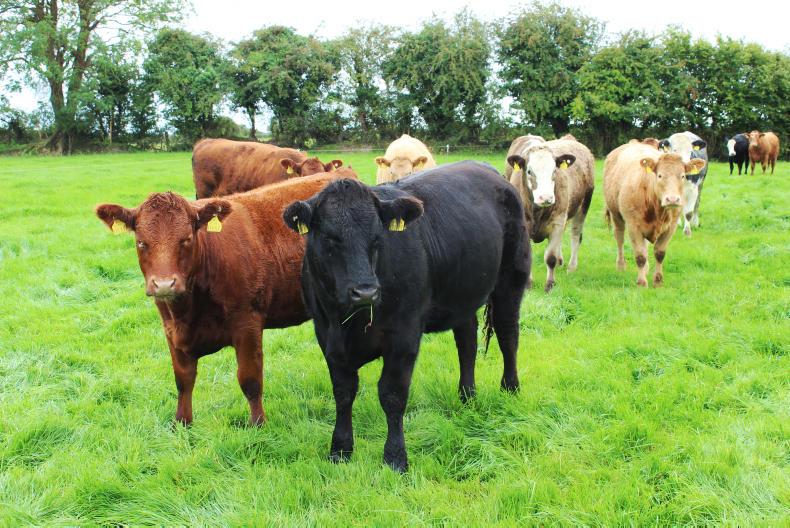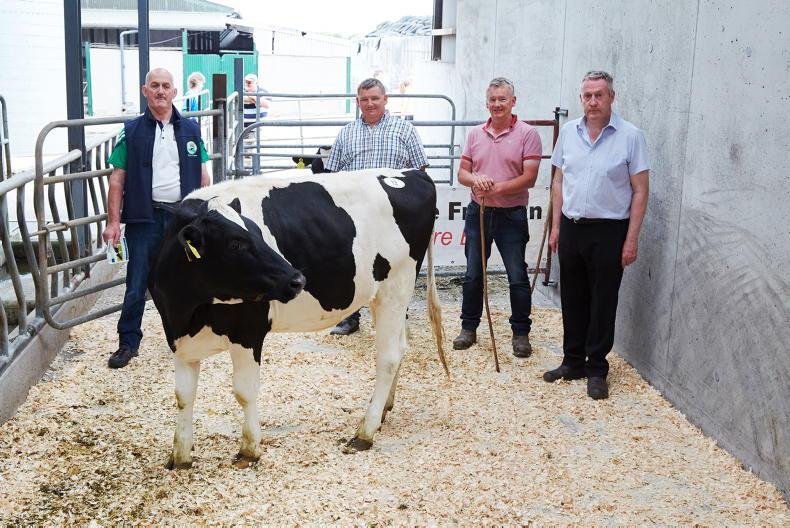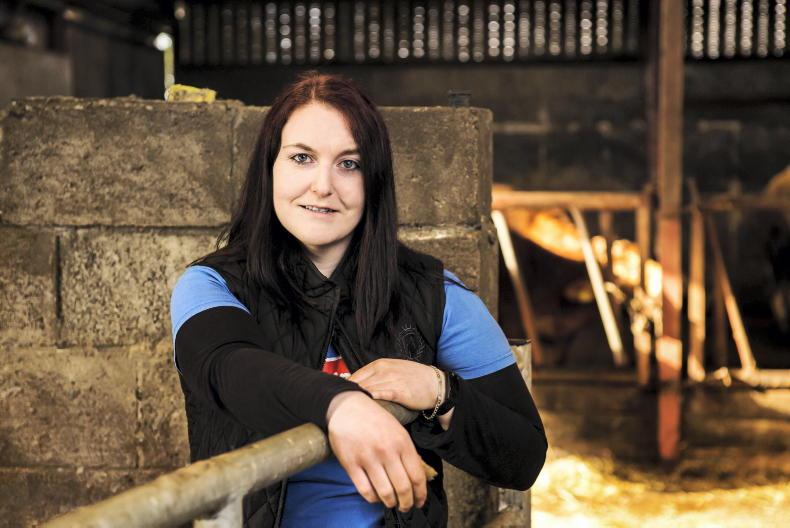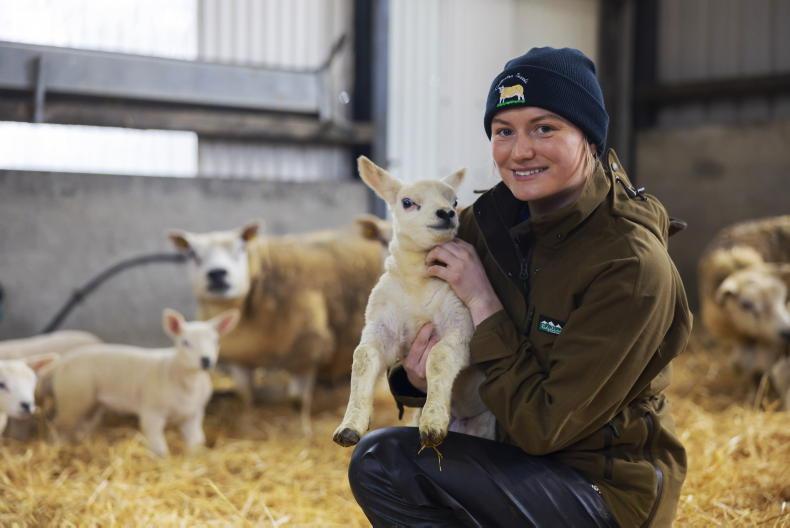Initial findings from cow and calf weighing as part of the BEEP scheme show plenty of positives, according to the ICBF.
There are now over 50,000 cow/calf pairing weights in the ICBF database taken as part of the BEEP scheme. Andrew Cromie of the ICBF said " We are very pleased with these initial findings. Weighing data is highly beneficial to adding confidence to the indexes and this data will help increase the reliability around the figures."
Table 1 below outlines the weighing data by star status of the cows.
Five-star cows were on average 27kg lighter than one-star animals, yet their calves were 17kg heavier at 200 days of age, resulting in a 5% higher cow/calf weaning percentage than that of the one-star cows.
The ICBF maintains that lighter cows require less maintenance and heavier calves drive output in terms of improved liveweight.
According to ICBF, breeding a more efficient cow which meets the necessary weight, fertility and calf weaning weight targets will significantly reduce the amount of greenhouse gases generated per kg of beef produced.
ICBF says producing a 600-700kg animal that weans a calf approx weighing 300-350kg is the optimum system.
The data from BEEP weighing will be presented at an open day taking place on Niall O'Meara's farm (H53 PX96) in Galway this Tuesday at 2pm. Niall was the 2018 national commercial winner of the FBD Eurostar €200 competition run in conjunction with the Irish Farmers Journal, ICBF and Teagasc.
Read more
Beef price update: signs of bull throughput slowing
Grass+: varying impacts from moisture deficits
Up to €100/head for finishers and suckler farmers under €100m beef fund
Initial findings from cow and calf weighing as part of the BEEP scheme show plenty of positives, according to the ICBF.
There are now over 50,000 cow/calf pairing weights in the ICBF database taken as part of the BEEP scheme. Andrew Cromie of the ICBF said " We are very pleased with these initial findings. Weighing data is highly beneficial to adding confidence to the indexes and this data will help increase the reliability around the figures."
Table 1 below outlines the weighing data by star status of the cows.
Five-star cows were on average 27kg lighter than one-star animals, yet their calves were 17kg heavier at 200 days of age, resulting in a 5% higher cow/calf weaning percentage than that of the one-star cows.
The ICBF maintains that lighter cows require less maintenance and heavier calves drive output in terms of improved liveweight.
According to ICBF, breeding a more efficient cow which meets the necessary weight, fertility and calf weaning weight targets will significantly reduce the amount of greenhouse gases generated per kg of beef produced.
ICBF says producing a 600-700kg animal that weans a calf approx weighing 300-350kg is the optimum system.
The data from BEEP weighing will be presented at an open day taking place on Niall O'Meara's farm (H53 PX96) in Galway this Tuesday at 2pm. Niall was the 2018 national commercial winner of the FBD Eurostar €200 competition run in conjunction with the Irish Farmers Journal, ICBF and Teagasc.
Read more
Beef price update: signs of bull throughput slowing
Grass+: varying impacts from moisture deficits
Up to €100/head for finishers and suckler farmers under €100m beef fund









SHARING OPTIONS